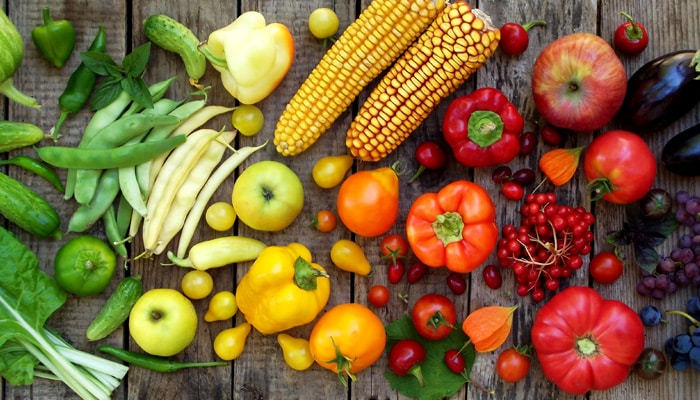The 2017 RASFF Annual Report for food and feed products has just been published.
In 2017, 3832 notifications were transmitted through the RASFF portal, including 942 alert notifications, 596 follow-up notifications, 706 information notifications and 1588 border rejection notifications.
Compared to 2016, the number of alert notifications involving a serious health risk has increased by 11%.
HUMAN FOOD
Pathogenic microorganisms:
414 notifications have been reported concerning pathogenic micro-organisms, mainly on products of animal origin, representing an 18% increase compared to 2016.
Salmonella is the most frequently reported pathogen in foodstuffs from EU Member States (207 notifications, up 22%).
Contamination with Listeria monocytogenes occurred in smoked fish, raw milk cheeses and meat.
The notifications issued for Escherichia coli are related to the food safety criteria for live bivalve molluscs. In 2016, mussels from Spain accounted for the majority of notifications, while in 2017 they were French mussels.
Concerning Noroviruses, 23 notifications were notified on live oysters, strawberries and raspberries.
The presence of Campylobacter has been reported 10 times on poultry.
Pesticides:
186 pesticide notifications were issued in 2017.
109 notifications concern the detection of fipronil residues in eggs following illegal use of fipronil as a veterinary medicinal product and not as a pesticide.
Heavy metals:
122 notifications issued.
The majority of notifications concern mercury in fish and more particularly swordfish.
Allergens:
114 notifications issued.
Milk, gluten, soy and nuts are the most frequently reported allergens.
Cereals and bakery products are the most frequently notified.
Very often, traces of allergens are reported in food due to cross-contamination, for example on the same production lines as other products containing allergens.
This presence of allergens is not regulated at EU level.
Mycotoxins:
529 notifications issued.
Aflatoxins are the most commonly reported mycotoxins in 2017 on hazelnuts, nut products and seeds from China and India.
There has also been a significant increase in notifications on dried figs from Turkey.
ANIMAL FEED
239 notifications issued.
Pathogenic microorganisms:
Out of 118 notifications 112 concern salmonella, in different types of raw materials, but also in petfood.
Mycotoxins:
The majority of these are aflatoxin.
Non-pathogenic organisms:
Out of 20 notifications 18 concerned too many enterobacteriaceae.
Industrial contaminants:
A dozen notifications have been reported concerning dioxin levels exceeding the EU regulatory limit.
You will find attached the link to the full report:
RASFF 2017 Annual Report




